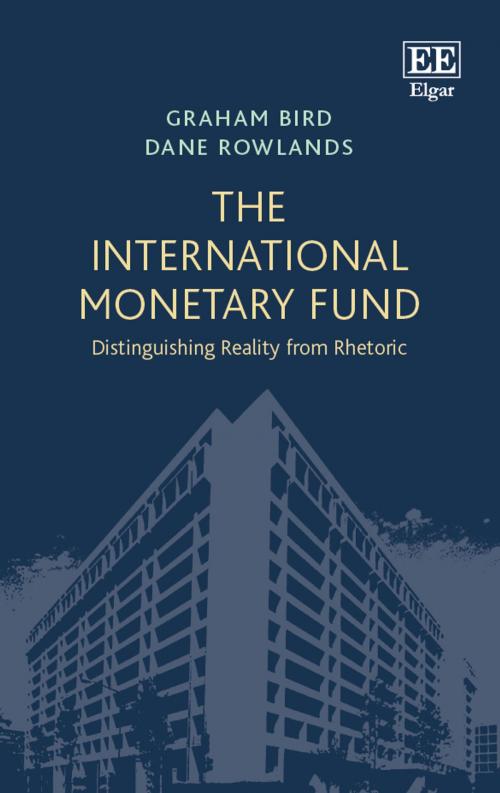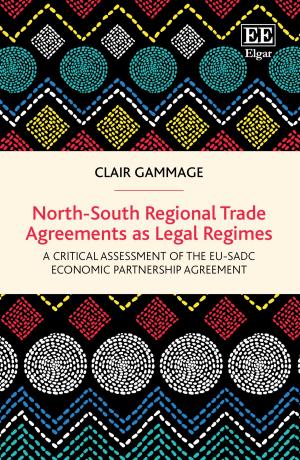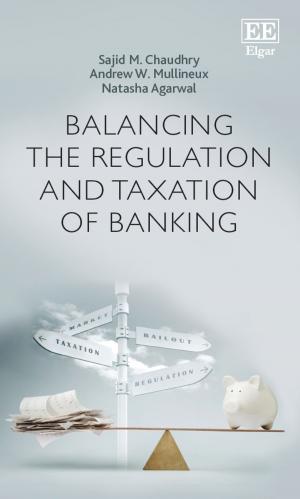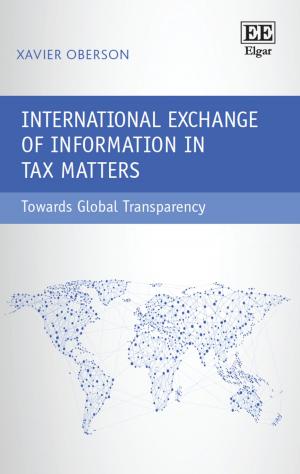The International Monetary Fund
Distinguishing Reality from Rhetoric
Nonfiction, Social & Cultural Studies, Political Science, International, International Relations, Business & Finance| Author: | Graham Bird, Dane Rowlands | ISBN: | 9780857939708 |
| Publisher: | Edward Elgar Publishing | Publication: | March 25, 2016 |
| Imprint: | Language: | English |
| Author: | Graham Bird, Dane Rowlands |
| ISBN: | 9780857939708 |
| Publisher: | Edward Elgar Publishing |
| Publication: | March 25, 2016 |
| Imprint: | |
| Language: | English |
There is no shortage of opinion about the International Monetary Fund (IMF). Some see it as the agent of austerity, being manipulated by wealthy nations and forcing poorer countries to pursue economic policies that suppress growth and development. A sharply contrasting view regards it as bailing out such countries with large amounts of soft finance, allowing them to avoid necessary adjustment. The challenge is to evaluate the alternative arguments and to distinguish reality from rhetoric. In this book, the authors undertake a careful and detailed empirical analysis of the underlying issues, covering participation in IMF programs, their implementation and effects on economic growth, and on the willingness of international capital markets to lend.
There is no shortage of opinion about the International Monetary Fund (IMF). Some see it as the agent of austerity, being manipulated by wealthy nations and forcing poorer countries to pursue economic policies that suppress growth and development. A sharply contrasting view regards it as bailing out such countries with large amounts of soft finance, allowing them to avoid necessary adjustment. The challenge is to evaluate the alternative arguments and to distinguish reality from rhetoric. In this book, the authors undertake a careful and detailed empirical analysis of the underlying issues, covering participation in IMF programs, their implementation and effects on economic growth, and on the willingness of international capital markets to lend.















